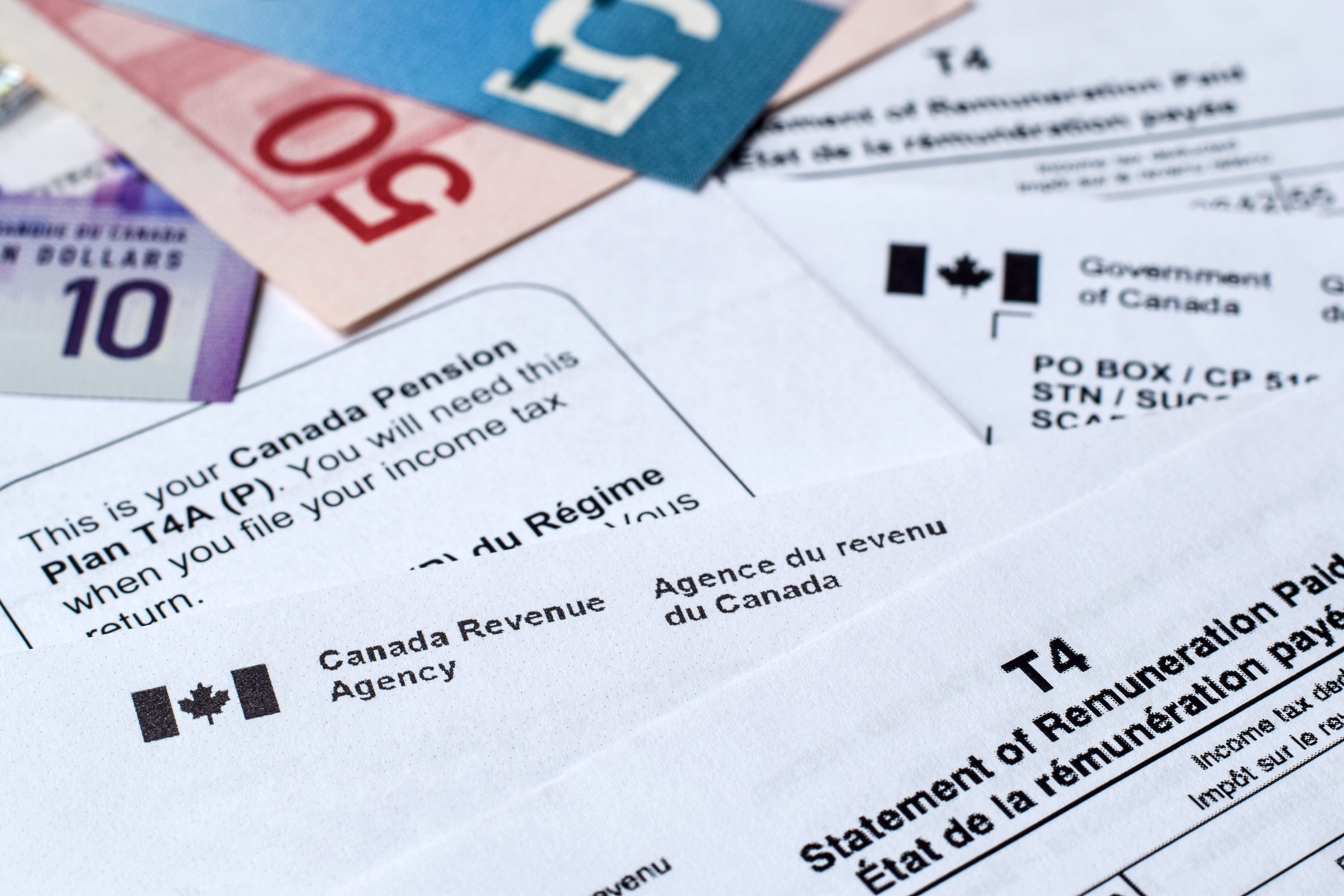Business Succession & Estate Planning
How Small Business Owners Can Benefit from Estate Freeze
January 26, 2024

A small business owner like yourself always plans for the short and long term, for taxes and contingencies. You want yourself, your company, your family and your employees to benefit from the estate you build. Hence, estate planning plays a pivotal role in preserving the value of your estate. Your estate plan is customized to your personal and business objectives and financial situation. Estate freeze is a popular strategy many small business owners use for different objectives. We will discuss some of these objectives in this article.
Before jumping on how small business owners can use an estate freeze, let’s first understand how it works.
How Estate Freeze Works?
In an estate freeze transaction, you exchange your flexible-value assets for fixed-value assets having the same value, thereby freezing the value. Let’s understand this with the help of an example.
James has built a chain of 10 fast-food restaurants from an initial investment of $50,000. He wants to retire at 55 and pass on the ownership to his two children, who have been training under him for over five years. He started estate planning a few years back and created a holding company, wherein he accumulated all dividends and property. The business is doing well, and he freezes his equity voting shares worth $1 million for preference shares of equal amount. The preference shares give a 5% dividend sufficient for his daily expenses. James is liable to pay tax on a capital gain of $950,000 ($1,000,000 – $50,000 initial investment) and dividends paid by preference shares.
The holding company will issue equity shares to James’ children, and any change in the value of those shares from that day would be borne by the children and not James. Since James knows his tax liability, he can do tax planning to reduce the liability or create funds for the tax payment so that his spouse does not have to bear the liability after his death.
While this is a typical estate freeze transaction, you can make alterations to the transaction depending on your situation and objective.
Different Uses of an Estate Freeze
Let us see how business owners can use this transaction as a base for different uses.
Reduce Tax Liability
The main objective of an estate freeze is to reduce or defer tax liability or distribute it among everyone. There are three ways to reduce your tax bill through an estate freeze.
- Freezing your tax liability: When James froze his assets, he knew an estimated tax bill that would accrue to his spouse after his demise. He can take life insurance of a similar or higher amount so that the death benefit takes care of the tax bill.
- Long-term capital gain exemption (LCGE): The Canada Revenue Agency allows small business owners a tax exemption on capital gain up to $971,190 (in 2023). However, there are certain requirements the business has to meet to qualify for the exemption. If James qualifies and claims this exemption, he is not liable to pay any capital gain tax on his preference shares.
A small business owner can also use a holding company to distribute shares to their family members such that each shareholder can claim their LCGE, if available. Executing such a transaction needs planning and strategizing as laws keep changing. An estate planning expert can help you plan and time your estate freeze so that you can make the most of this tax benefit.
- Tax deferral: When James froze his assets, he deferred the tax liability of future capital gains to his children. The base investment for children begins at $1 million and not $50,000, and any capital gain beyond $1 million is borne by the children when they sell the shares or on their death, whichever is early.
Retirement Planning
Small business owners can use the estate freeze transaction for retirement planning. While you may get a pension and annuity from your investments, you can also get dividends from the preference shares of your company from the estate freeze. That will take care of your daily needs.
You can also redeem your preference shares in small portions to meet lifestyle needs like a holiday or medical treatment. For instance, James can sell $50,000 worth of preference shares out of his $1 million worth of shares to plan a holiday. He can still earn dividends on the remaining shares.
Reduction In Probate Fees
When your estate is transferred to your heir after your death, the heir has to pay a probate fee based on the estate value. You can reduce this fee by progressively redeeming the preference shares, thereby reducing the value of assets to be transferred. Or you can keep transferring shares or assets to a joint partner trust after you turn 65. However, don’t go overboard and transfer/redeem all assets. Keep some assets with you to pay for your retirement. An estate planning expert can help you plan which assets to transfer, when, and how.
Retaining Control of The Company
When planning your estate freeze, you need not freeze all your voting shares and pass on complete ownership in one go. It could be a gradual process wherein you determine who is eligible to be your successor, give them partial ownership and see how they run the business while retaining control with yourself. If you want to change ownership, you can prepare a flexible structure.
You can also retain control through your life with ownership transfer upon death. You can also plan your estate freeze for contingencies such as the sudden demise or incapacity of your heir or yourself.
A well-designed estate freeze structure is flexible and can accommodate changing needs and circumstances. Failing to plan and time your estate freeze correctly could leave you with inadequate assets to fund your retirement and support your business.
Contact DDL & Co. in St. Catharines to Help You with Estate Planning
A skilled estate planning expert will study your personal and business circumstances and objectives and advise you on available options. At DDL & Co. our tax experts can help you design an estate planning strategy best suited for you. To learn about how DDL & Co. can provide you with estate planning, please contact us online or call us at 905-680-8669..



